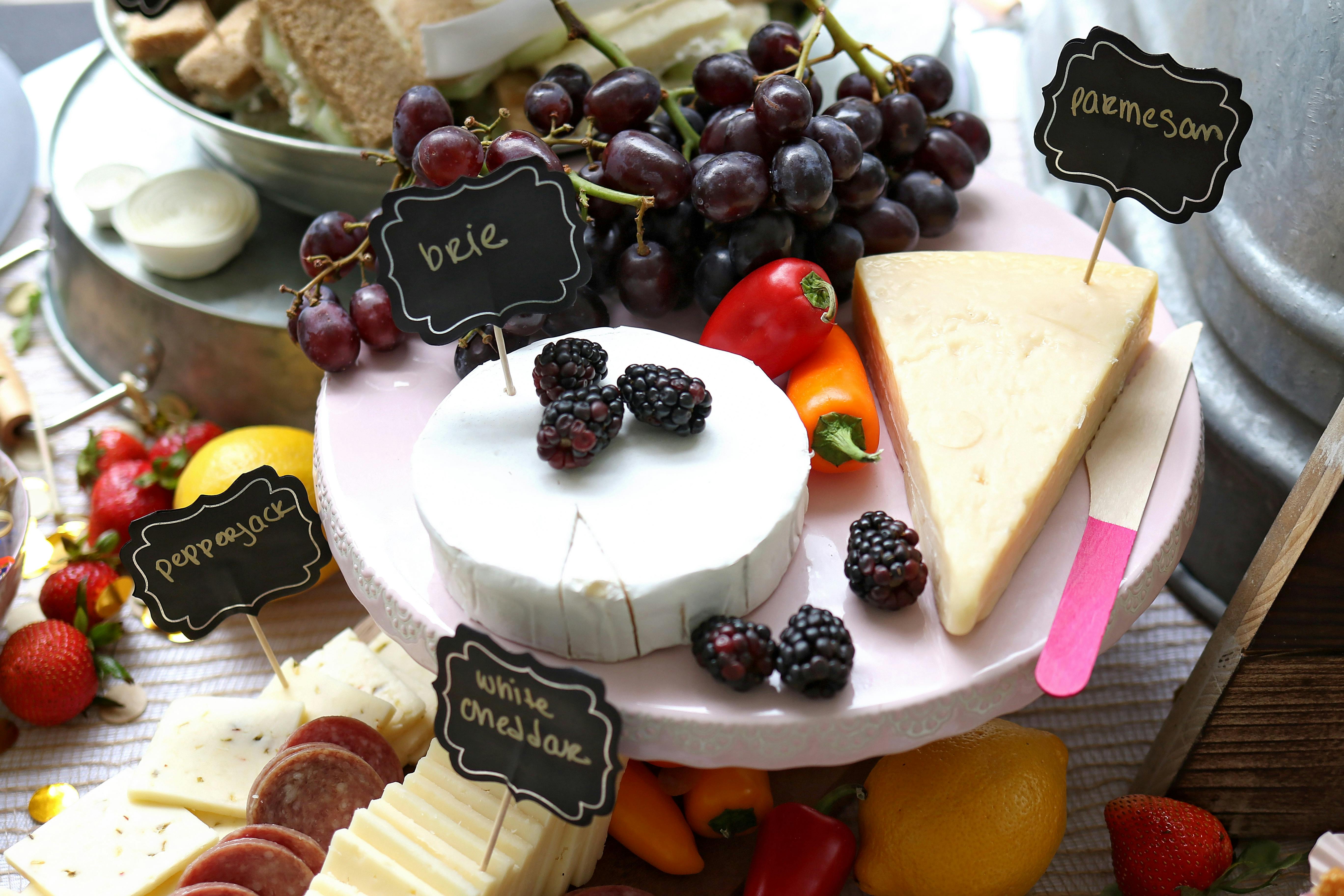From the Alps to Your Plate: Discovering Swiss Gastronomy
Switzerland is often associated with pristine mountains, luxurious watches, and premium chocolate. However, its culinary landscape has so much more to offer. This article embarks on a culinary journey into Swiss gastronomy, revealing its rich traditional dishes, innovative food trends, and the influence of its multicultural society on its cuisine.

An Introduction to Swiss Cuisine
Switzerland’s gastronomy is as diverse as its landscapes, influenced by its neighbors: Germany, France, and Italy. Swiss cuisine is a melting pot of different cultures, embodying the hearty meats of Germany, the exquisite cheeses of France, and the delightful pasta and pizza from Italy. Recently, the Swiss food scene has seen an influx of modern and innovative approaches, while still honoring its culinary traditions.
Traditional Swiss Food: More Than Just Cheese and Chocolate
While Swiss cheese and chocolate are renowned worldwide, Swiss cuisine encompasses a wide array of traditional dishes. Raclette, a melted cheese dish, and fondue, where bread is dipped in melted cheese, are staples in Swiss homes. Zürcher Geschnetzeltes, thin strips of veal in a creamy white wine and mushroom sauce, showcases Swiss love for hearty and comforting food.
The Influence of Multiculturalism on Swiss Cuisine
Switzerland’s multicultural society has shaped its cuisine significantly. Italian immigrants introduced pizza and pasta, while Turkish and Balkan immigrants brought kebabs and bureks. More recently, the influx of Asian immigrants has added sushi and dim sum to the Swiss culinary lexicon. This multicultural influence has given Swiss cuisine its unique character, making it a gastronomic treasure trove.
Swiss Food Trends: A Blend of Tradition and Innovation
Swiss gastronomy has embraced the global trend of fusion cuisine, combining traditional Swiss ingredients with international flavors. An example is the Swiss-Asian fusion, where classic Swiss dishes are given an Asian twist. Moreover, sustainability is a growing trend in Swiss gastronomy, with an increasing number of restaurants offering locally sourced and organic food.
Swiss Beverages: From Coffee to Fine Wines
Switzerland’s beverage scene is as diverse as its food. Coffee culture is thriving in Switzerland, with a focus on specialty coffees. Swiss wines, though less known internationally due to limited exports, are of high quality and diverse due to the various climates and soils in the country. Swiss beer has also seen a revival with the rise of craft breweries.
- Swiss Tip: When in Switzerland, try Rivella, a popular Swiss soft drink made from milk whey.
- Fun Fact: Switzerland has the highest chocolate consumption per capita in the world!
In conclusion, Swiss gastronomy offers a culinary journey that transcends cheese and chocolate. From traditional dishes that comfort the soul to innovative fusion cuisine that tantalizes the palate, Swiss cuisine is a testament to Switzerland’s rich history and multicultural society. So, the next time you think of Swiss food, remember there’s a whole gastronomic world waiting to be explored.






